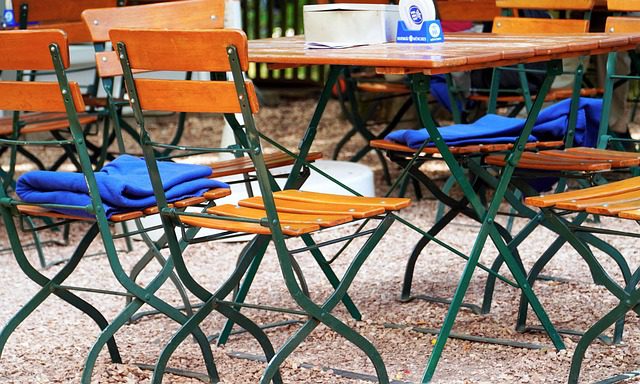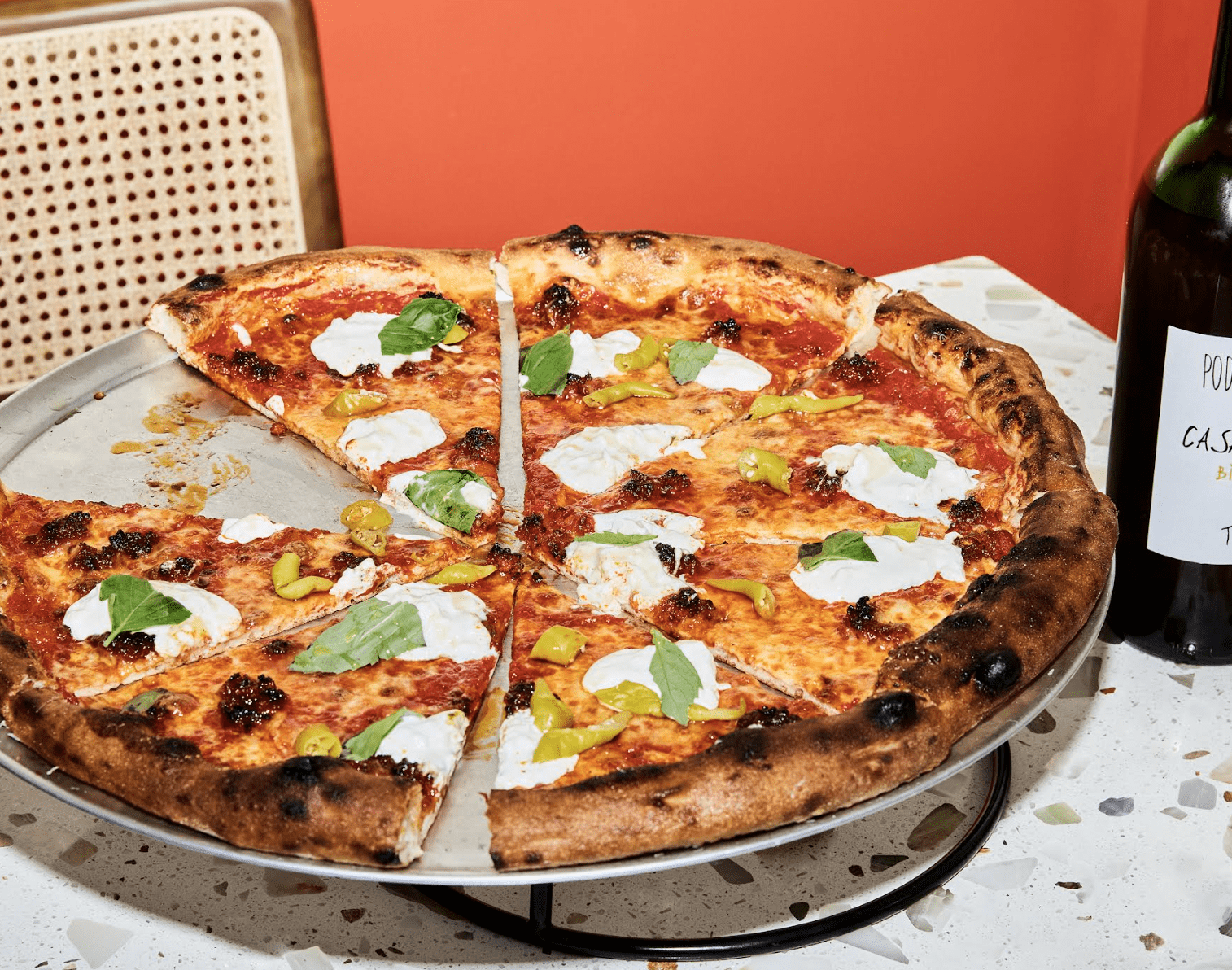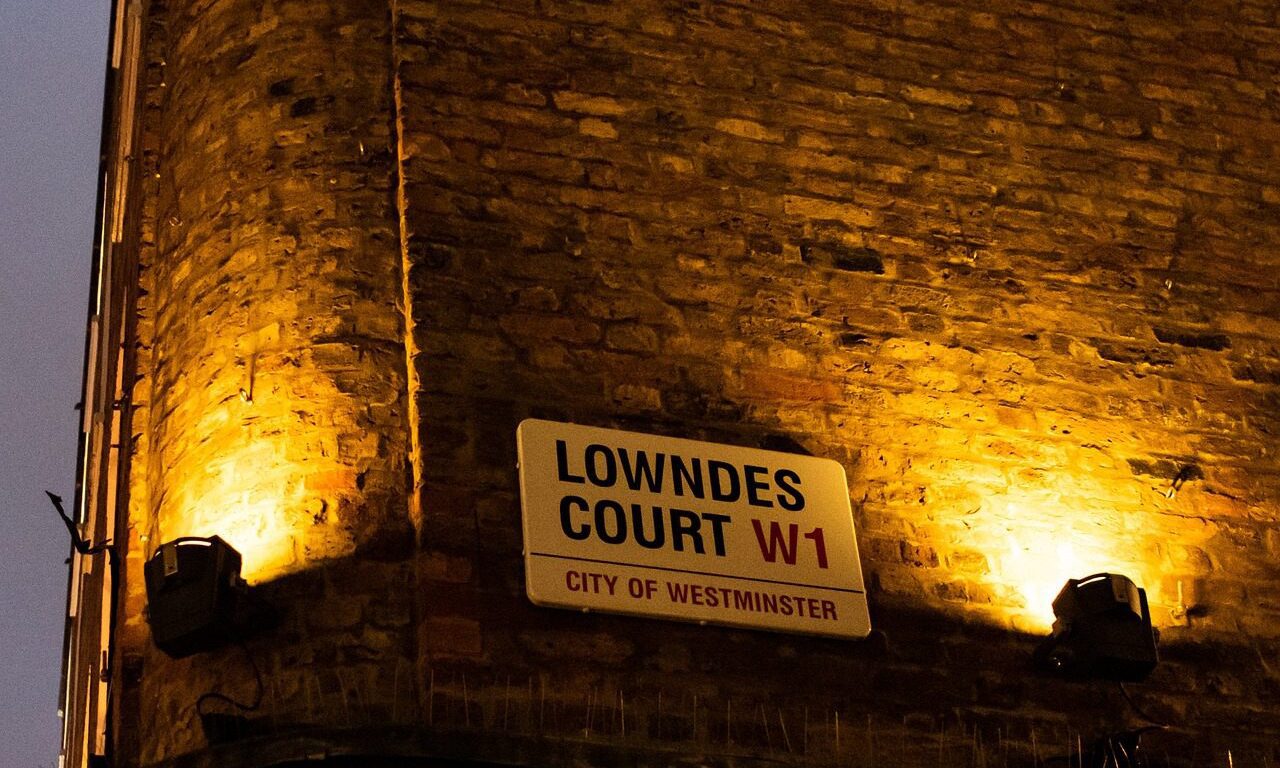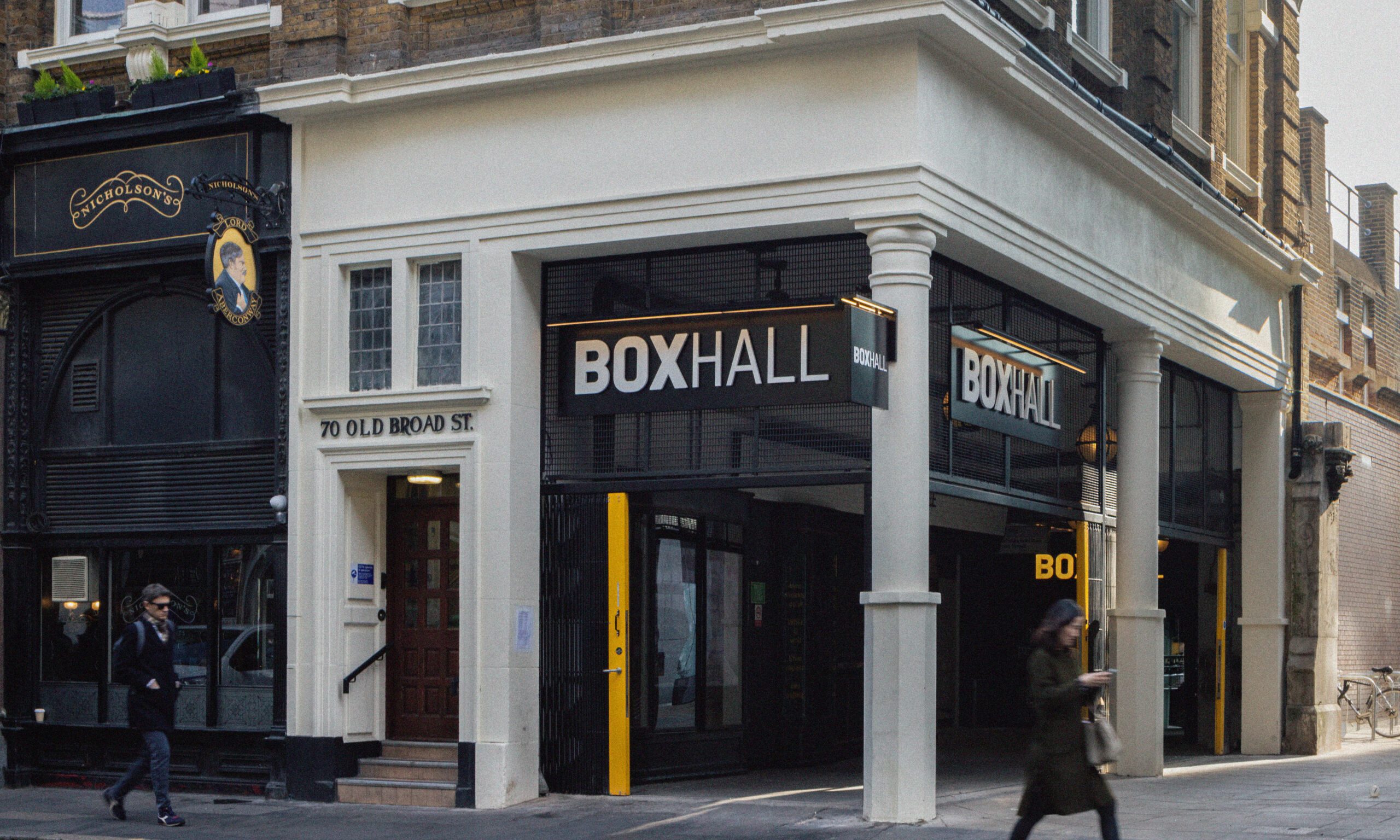Register to get 5 free articles
Reveal the article below by registering for our email newsletter.
Want unlimited access? View Plans
Already have an account? Sign in
During the pandemic when hospitality businesses were struggling as a result of social distancing restrictions, outdoor dining was a saviour to many. Lots of businesses were able to put tables and chairs on pavements and in roads allowing them to make money when people could not mix inside. However, as the pandemic began to end and life returned to normal many of the businesses were forced back inside, losing the extra space they gained. Now hospitality is facing more difficulties with staff, ingredient and energy costs on the rise, could loosening the restrictions around outdoor dining help more businesses to flourish again?
Is this something businesses want?
While outdoor dining was very popular during the pandemic and was very helpful to businesses that was a result of necessity. People could not meet with people outside their household indoors so were forced to socialise outdoors whatever the weather. Now there is no such need would there still be a demand for outdoor socialising and is it a risk businesses would be willing to take? Eddy Masaad, founder of Swiss Butter, a steakhouse with one site in the UK and 12 across the Middle East , believes that there is still a great demand from the hospitality industry for relaxed rules around outdoor dining, especially in cities where space is tight and margins are squeezed meaning every square metre matters.
“We’re in an era where hospitality needs flexibility, not red tape. Operators are constantly looking for ways to increase covers, improve atmosphere, and meet customer expectations. Outdoor space isn’t just nice to have, it can be a game-changer, especially during peak hours or in high-footfall locations.
“A few years ago, we saw local councils loosen the rules and it had a big impact, people were out, businesses bounced back, and high streets felt alive again. There’s definitely an appetite, but it needs follow-through. Long-term change requires real policy support, not just temporary measures,” he says.
This is a train of thought that Vanina Principi, founder and culinary director of VP7 Smart Hospitality, agrees with. She points to Paris and New York as examples of cities where outdoor dining really helps hospitality businesses. London, Paris and New York have a lot in common. They share similar climates, they are very busy cities and it is expensive to run a hospitality business in them, whether that be energy costs, rent or other administrative costs. Outdoor dining increases the amount of space they can have meaning they are able to drive extra revenue.
How could it benefit businesses?
The first and most obvious benefit is increased space. As previously mentioned, more space means more revenue, which is especially important in times where margins are squeezed more than ever. However, potentially the biggest benefit of relaxed regulation is that it would allow operators to open restaurants or bars in spaces which would have previously been seen as too small. In the current system, operators must be sure they can fit a certain number of people inside a venue to make it worthwhile. If businesses had more options to set up tables outside then what was previously a 30 cover venue could become a 50 cover venue, which would make it much more viable as a business.
As Principe says: “If it were easier to access outdoor space, some businesses might opt for smaller indoor spaces, particularly in high-rent areas. This would be particularly useful for independent operators and startups who struggle with high operational costs. That said, relying only on outdoor space isn’t a complete solution. A hybrid approach, using both indoor and outdoor seating, offers flexibility and allows businesses to stay profitable throughout the year.”
Masaad believes it would have different benefits to different types of businesses. There would be no one size fits all approach but giving businesses the freedom of expression could help drive revenue. “Casual dining spots could extend their footprint during rush hours. Coffee shops can create quick-turnover outdoor seating. Upscale venues can build high-end terrace experiences. Even ghost kitchens could use small external spaces for pick-up points or activations,” he says.
European inspiration
For evidence of the success of this model, we do not need to look too far. Just across the English Channel in France, outdoor dining is a huge part of the culture. The same could be said for other parts of Europe including Germany and Spain. While Spain obviously benefits from the weather, Germany and Northern France share similar climates to the UK and still have a thriving outdoor scene. Masaad believes that attitudes in the UK are changing and many people would like to experience more drinking and dining in the elements.
“Culturally, it’s already shifting. People want to eat outside more, especially in cities like London. And if you look at cities like Paris or Barcelona, it’s clear outdoor dining isn’t just about weather, it’s about lifestyle. The UK can absolutely get there, but it’ll take policy and infrastructure to support it,” he says.
Be that as it may, the issue of weather cannot be ignored. According to Statista, there were 164 days in which 1 mm or more of rain fell in the UK in 2024. So to make outdoor dining work, businesses will have to invest in things like umbrellas and outdoor heaters to make the experience as pleasant as possible in conditions which may be anything but.
“It starts seasonal, but with the right investment, it can go all year round. Look at what’s happening in Scandinavia. If they can make outdoor dining work in sub-zero temps, so can we. It’s about smart investment. Coverings, heating systems, windbreakers, even small fire pits or warm blankets can completely change the experience. It doesn’t need to feel makeshift, it can feel intentional. And customers will embrace it if it’s done right,” says Masaad.
Overall, the hospitality sector needs help in a time of peril. If the government has chosen not to offer support with relief on business rates or VAT then an easy way to help would be to loosen restrictions on outdoor space. There would need to be collaboration between businesses and local authorities, but if it is done right then it could unlock a lot of revenue for businesses which can only be a benefit.



















